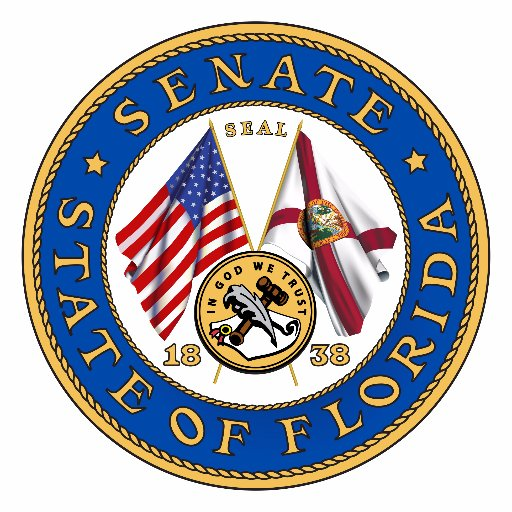
House Civil Justice Subcommittee clears bill to curb ‘foreign influence’ in litigation financing

Rep. Tommy Gregory
Heeding warnings about foreign influence over Florida’s judicial system, a House panel on Thursday approved the “Litigation Investment Safeguards and Transparency Act.”
The House Civil Justice Subcommittee voted 10-7 to approve HB 1179 by House Judiciary Chair Tommy Gregory, a Lakewood Ranch attorney.
Among other things, the measure would bar financiers from directing the course of a lawsuit, require parties to disclose litigation financing agreements to opponents, and prohibit investors from recovering more than the plaintiff.

Rep. Toby Overdorf
The bill is needed to guard against hostile nations, including China, from using litigation financing to gain access to trade secrets or disrupt the courts, warned Republican Rep. Toby Overdorf of Stuart, the co-sponsor.
“Once this bill goes into effect, I think you are going to be shocked how much foreign influence is going into our legal system,” he said.
U.S. Senators Marco Rubio and Rick Scott recently sent letters to the chief judges of Florida’s federal district courts requesting greater transparency for “third-party litigation financing.”
“Foreign actors attempting to capitalize on such influence may seek to, among other things, forward frivolous lawsuits, needlessly and excessively prolong litigation disputes, exacerbate domestic discourse, or seize control of the litigation from the case’s original parties,” their letter warns.
HB 1179 is supported by the U.S. and Florida Chambers of Commerce, the National Federation of Independent Business, and the conservative Florida Justice Reform Institute.
Business groups said they are concerned that the litigation financing industry, backed by sovereign wealth funds and other foreign investors, encourages meritless lawsuits. Investors with an eye toward maximizing profits may pressure plaintiffs to reject reasonable settlement offers, proponents say.
Attorneys on the subcommittee said they were concerned that forcing a lawyer to disclose a litigation financing arrangement to an opponent would give corporate defendants an even bigger strategic advantage.
Bill Cotterall, general counsel for the Florida Justice Association, called the disclosure provisions “very problematic.” A corporate defendant would know how long to delay before a plaintiff’s resources were exhausted, he said.
“A global corporation has unlimited funds, they now know how much money you have to spend,” Cotterall said. “One of the reasons for these arrangements is so that you have a level playing field.”

Rep. Mike Beltran
Republican Rep. Mike Beltran, a Riverview attorney, agreed.
“I get financed for $100,000 to do a case. I disclose the agreement to the other side, they know [how much] gas I have in the tank,” he said.
Beltran said the bill could stifle U.S. innovation. Litigation financing helps cash-strapped start-ups sue the Chinese manufacturers who pirate their inventions, he said.
“Startups do use litigation financing,” he said. “That’s an example where I think it’s appropriate and useful.”

Rep. Traci Koster
Republican Rep. Traci Koster, a Tampa lawyer, said she was concerned the bill doesn’t go far enough to promote transparency.
A staff analysis notes the bill would exempt, “any entity (such as an insurer) with a preexisting contractual obligation to indemnify or defend a party to civil action.”
“Isn’t litigation financing sort of akin to the defendant being financed by the insurance company that is defending the lawsuit?” Koster asked.
Overdorf said the bill doesn’t specify plaintiff or defendant.
“As I read the bill and presented it, that would not be covered,” he said.

Rep. Ashley Viola Gantt
Democratic Rep. Ashley Gantt, a Miami attorney, said the bill would help Goliath instead of David.
“If you are somehow the victim of some injustice, and you don’t have the money to fight these big companies, then you have to disclose how much you have, and they can outspend you,” she said. “It creates an imbalance in contingency cases.”
Overdorf stressed that the bill was making its first committee stop, and that he would try to address the concerns.
HB 1179 faces hearings in the Justice Appropriations Subcommittee and the Judiciary Committee before reaching the House floor.
Originally published at https://www.floridabar.org/the-florida-bar-news/house-civil-justice-subcommittee-clears-bill-to-curb-foreign-influence-in-litigation-financing/
The post House Civil Justice Subcommittee clears bill to curb ‘foreign influence’ in litigation financing first appeared on City News Miami.
Law - City News Miami originally published at Law - City News Miami


